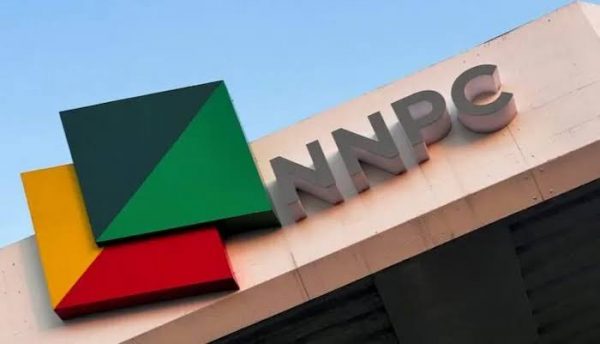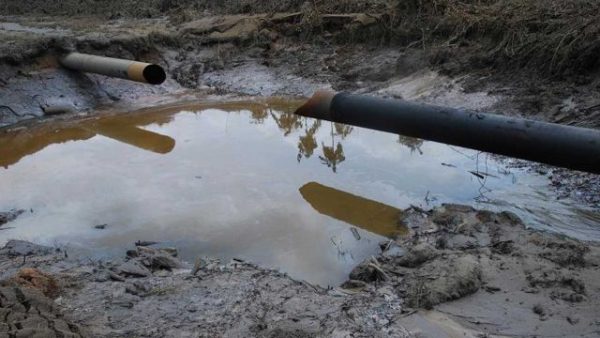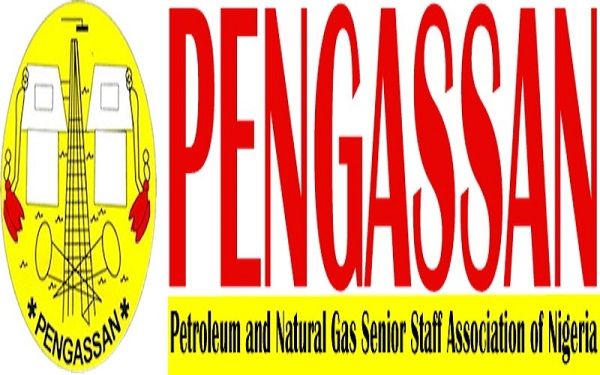How NNPCL Withheld N8.48tr From Federation Account – RMAFC
The Revenue Mobilization Allocation and Fiscal Commission (RMAFC) has disclosed how Nigeria National Petroleum Company (NNPC) Limited withheld about N8.48 trillion as claimed subsidies for petrol since January 1, 2022.
This is even as the Commission expressed its support for President Bola Tinubu’s decision to stop the payment of subsidy on petrol.
This disclosure was contained in a statement issued by the RMAFC Chairman, Mohammed Shehu, on Thursday, June 8, 2023, where he pointed out that the payments of “humongous” amounts to a privileged few in the name of subsidy were a major drain on the nation’s scarce resources.
Shehu noted that the NNPC which is one of the major sources of revenue to the Federation Account, had since stopped contributing to the national purse due to the fuel subsidy regime.
He disclosed that the President’s pronouncement of the removal of fuel subsidy due to the non-budgetary provision for subsidy is a masterstroke that broke the jinx and the appropriate step in the right direction.
“The total amount withheld by the NNPCL as claimed subsidies for this period amounted to N8,480,204,553,608.13 as reported by the Office of the Accountant General of the Federation (OAGF) which is yet to be reconciled by the RMAFC, OAGF, and NNPCL.”
“It is saddening to note that since 1st January 2022 to date, the Nigeria National Petroleum Company Limited (NNPCL) has not been contributing to the Federation Account due to the claimed subsidy payments” the statement partly reads.
The RMAFC boss maintained that it would be unwise to sustain the phantom subsidy payments at the detriment of other critical sectors of the economy, especially in a situation where the records of petrol subsidy transactions are not transparent and crude oil prices are determined globally.
He equally emphasized that the cessation of under-recovery payments would eliminate the uncertainty surrounding the subsidy regime, adding that it would free up funds for the execution of critical national development and human capital enhancement projects.
He enumerated such projects to include the provision of an affordable transport system, investment in the education sector, improvement in healthcare, and infrastructural development.








